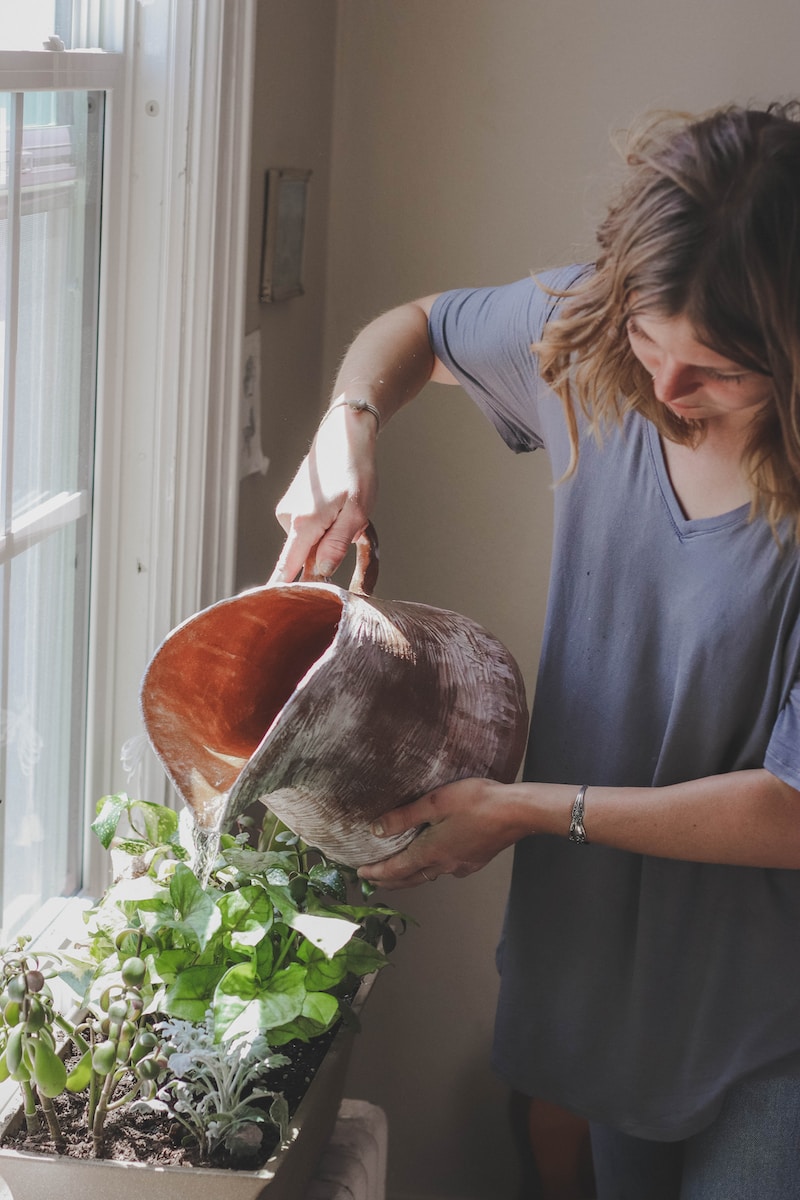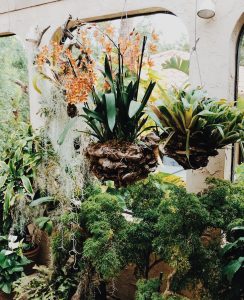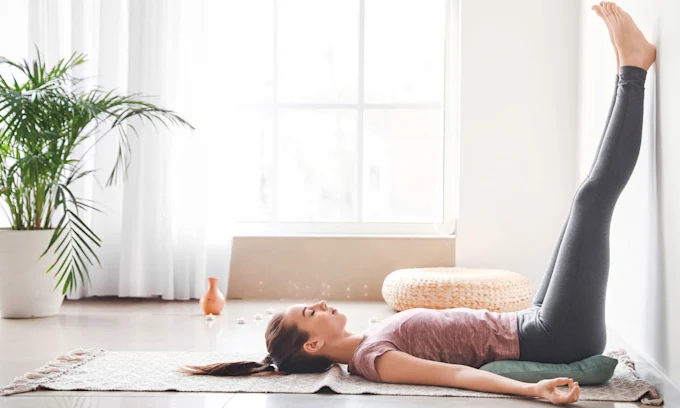Do you want to grow your own herbs and vegetables, but don’t have access to an outdoor space? No problem! You can start your own organic garden in your living room. An indoor garden not only adds beauty to your home but also provides fresh herbs and vegetables for cooking. In this article, we will explore how to take care of an organic garden in the living room.
Choosing the Right Plants
The first step in creating an organic garden in your living room is to choose the right plants. Some plants grow better indoors than others, and some require more light and water than others. Here are some plants that are suitable for an indoor organic garden:
- Herbs: basil, mint, parsley, oregano, thyme, and rosemary
- Vegetables: lettuce, spinach, kale, and tomatoes
- Fruits: strawberries and citrus trees
Preparing the Soil
Once you have chosen your plants, you will need to prepare the soil. Use a high-quality potting mix that is formulated for indoor plants. You can also add organic compost or worm castings to provide extra nutrients.
Choosing the Right Containers
The container you choose for your plants is important. Make sure the container has drainage holes to prevent water from accumulating in the soil. You can choose from a variety of containers, such as ceramic pots, plastic pots, or hanging baskets. Make sure the container is large enough to accommodate the plant’s root system.
Providing the Right Amount of Light
Light is essential for plant growth. Most plants require 6-8 hours of sunlight per day. If your living room doesn’t receive enough natural light, you can supplement with artificial light. You can purchase special grow lights that provide the right spectrum of light for plant growth.
Watering Your Plants
Watering your plants is important to keep them healthy. Most indoor plants require watering once a week, but this can vary depending on the plant and the conditions in your home. Make sure to water your plants when the top inch of soil is dry to the touch. Overwatering can lead to root rot, so it’s important not to water your plants too often.
Fertilizing Your Plants
Fertilizing your plants is important to provide them with the nutrients they need to grow. You can use organic fertilizers such as compost, worm castings, or fish emulsion. Follow the instructions on the package for application rates and frequency.
Dealing with Pests and Diseases
Pests and diseases can be a problem in any garden. Indoor plants are susceptible to pests such as spider mites, mealybugs, and scale insects. You can use natural remedies such as neem oil or insecticidal soap to control pests. Diseases such as powdery mildew and root rot can be prevented by providing proper air circulation and not overwatering your plants.
FAQs
Here are some frequently asked questions about taking care of an organic garden in the living room.
Q1. Do I need any special equipment to start an indoor organic garden?
A1. No, you don’t need any special equipment to start an indoor organic garden. All you need is a container, soil, plants, and light.
Q2. How much time does it take to take care of an indoor organic garden?
A2. The time it takes to take care of an indoor organic garden depends on the number of plants and their specific needs. Most plants require watering once a week and fertilizing once a month.
Q3. Can I grow vegetables and fruits in an indoor organic garden?
A3. Yes, you can grow vegetables and fruits





